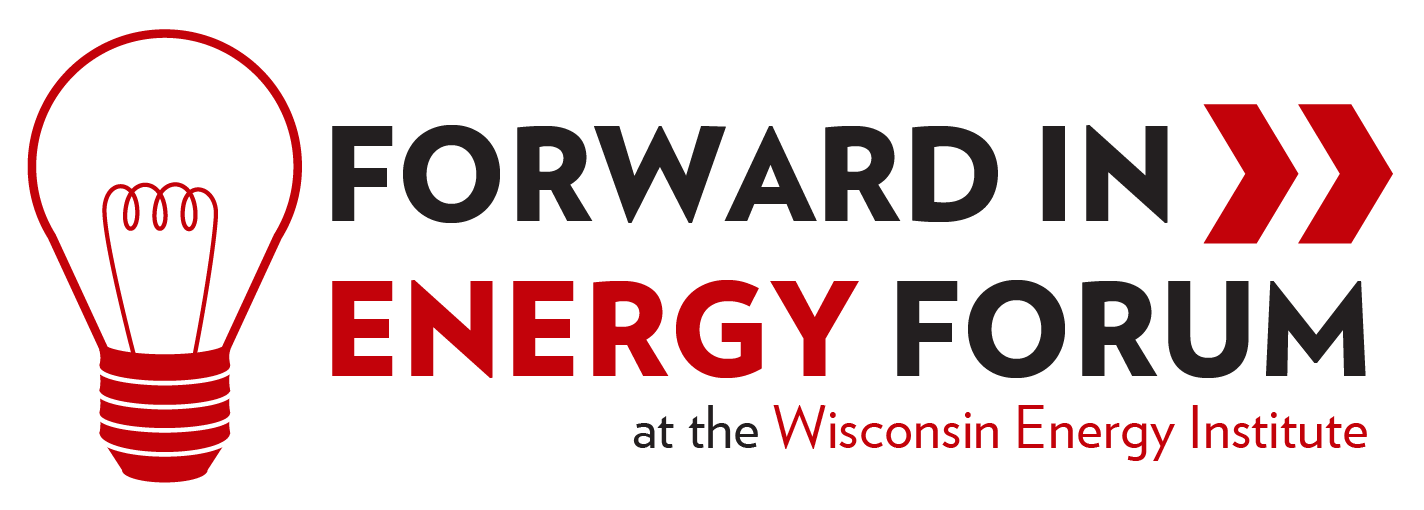
Researchers at the Great Lakes Bioenergy Research Center (GLBRC), based at UW–Madison, have been working for almost a decade to enable a sustainable bioenergy marketplace comprised of specialty fuels and valuable bioproducts. These products, made from next-generation bioenergy crops such as switchgrass - and grown on non-agricultural “marginal” lands - will be the product of unique partnerships between the agricultural community, scientists, and industry partners. Join us on October 24 to discuss the last ten years of bioenergy research at GLBRC - and what the next five will bring.
Register here as space is limited, refreshments will be provided.
Presenters
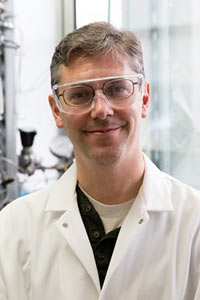 George Huber
George Huber
Professor, Chemical and Biological Engineering
George Huber's research group is dedicated to developing sustainable, economical catalytic technologies for converting biomass into gasoline, diesel, jet fuel, and useful chemicals. Huber's research maintains a strong eye toward commercialization, and he has co-founded a company based on a clean technology platform for producing petrochemicals and transportation fuels from renewable cellulosic biomass.
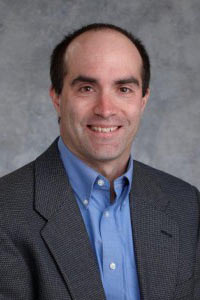 Andrew Held
Andrew Held
Senior Director, Deployment and Engineering
Virent, Inc.
Andrew has ten years of operations and R&D experience at Cargill, an international provider of food, agricultural and risk management products and services, where he played instrumental roles on technical, engineering, and operations management teams scaling production processes for commercialization. His work has included the manufacture of organic acids and edible polyols by fermentation, lactic acid for polymers, and natural polyols for polyurethanes. Andrew specializes in the integration of biological and chemical processes and has worked extensively with natural feedstocks and biocatalytic conversion methods.
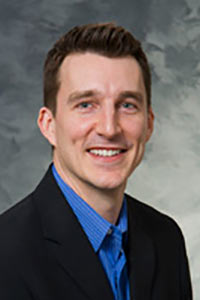 Mark Staudt
Mark Staudt
Licensing Associate,Technology Commercialization at WARF
Mark identifies potential commercial partners, contacts potential licensees and evaluates the benefits of new technologies; assists in managing incoming leads and select technologies within WARF's portfolio. Mark has performed market reviews and database remediation, identified and successfully contacted potential licensing partners, and developed Market Assessment Plans. In the patenting process, he has participated in technology and disclosure reviews, performed patent searches, and evaluated patent specifications and claims to determine commercialization potential.
Moderator
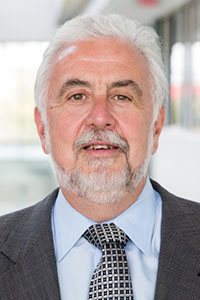 Tim Donohue
Tim Donohue
WEI Interim Director, Great Lakes Bioenergy Research Center Director
Professor, Bacteriology, College of Agricultural & Life Sciences
Tim Donohue's lab analyzes pathways and networks that microbes use to grow, generate biomass, or produce alternative fuels from sunlight or other renewable sources of energy. Donohue's research group is studying metabolic and regulatory pathways of the photosynthetic bacterium Rhodobacter sphaeroides.
